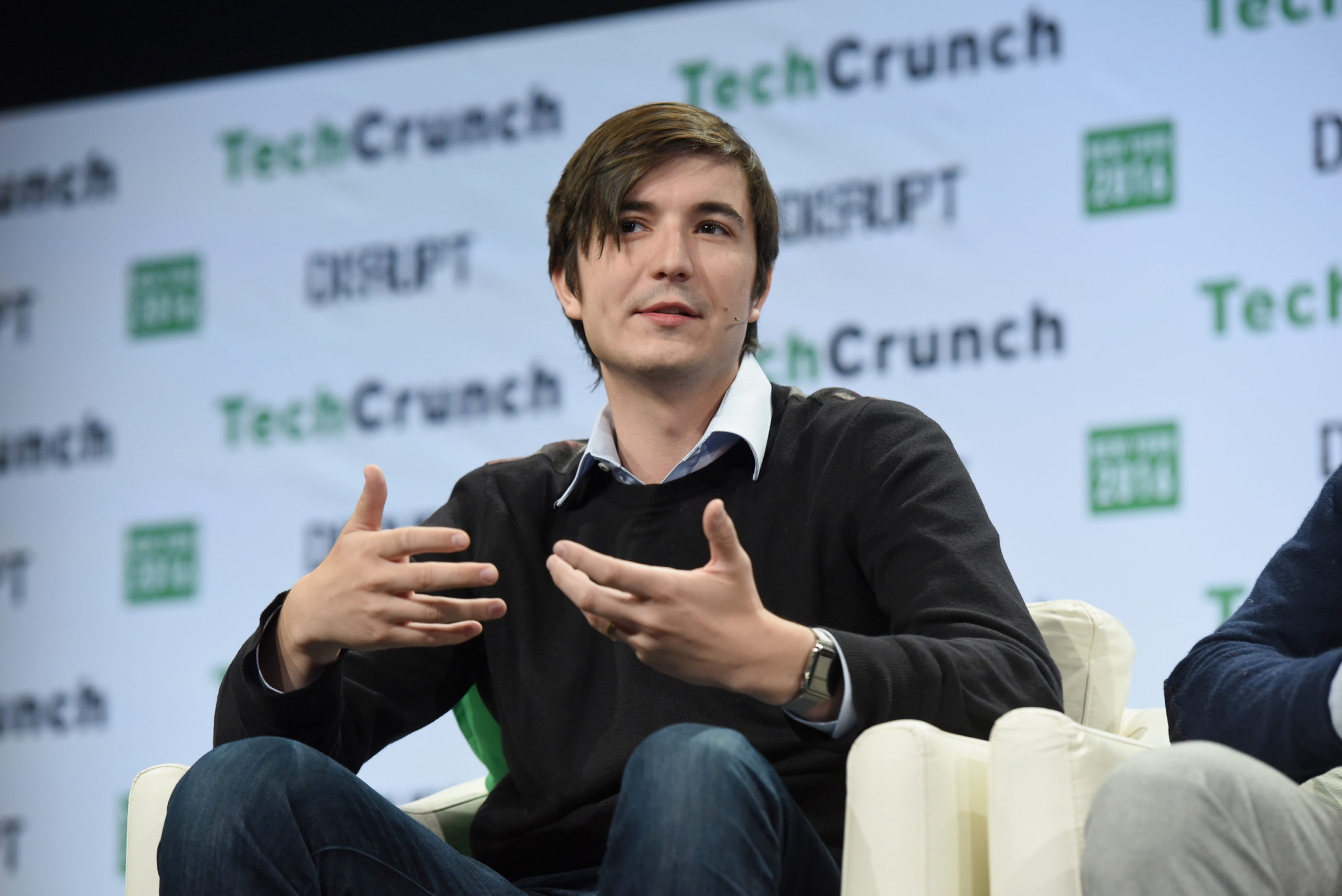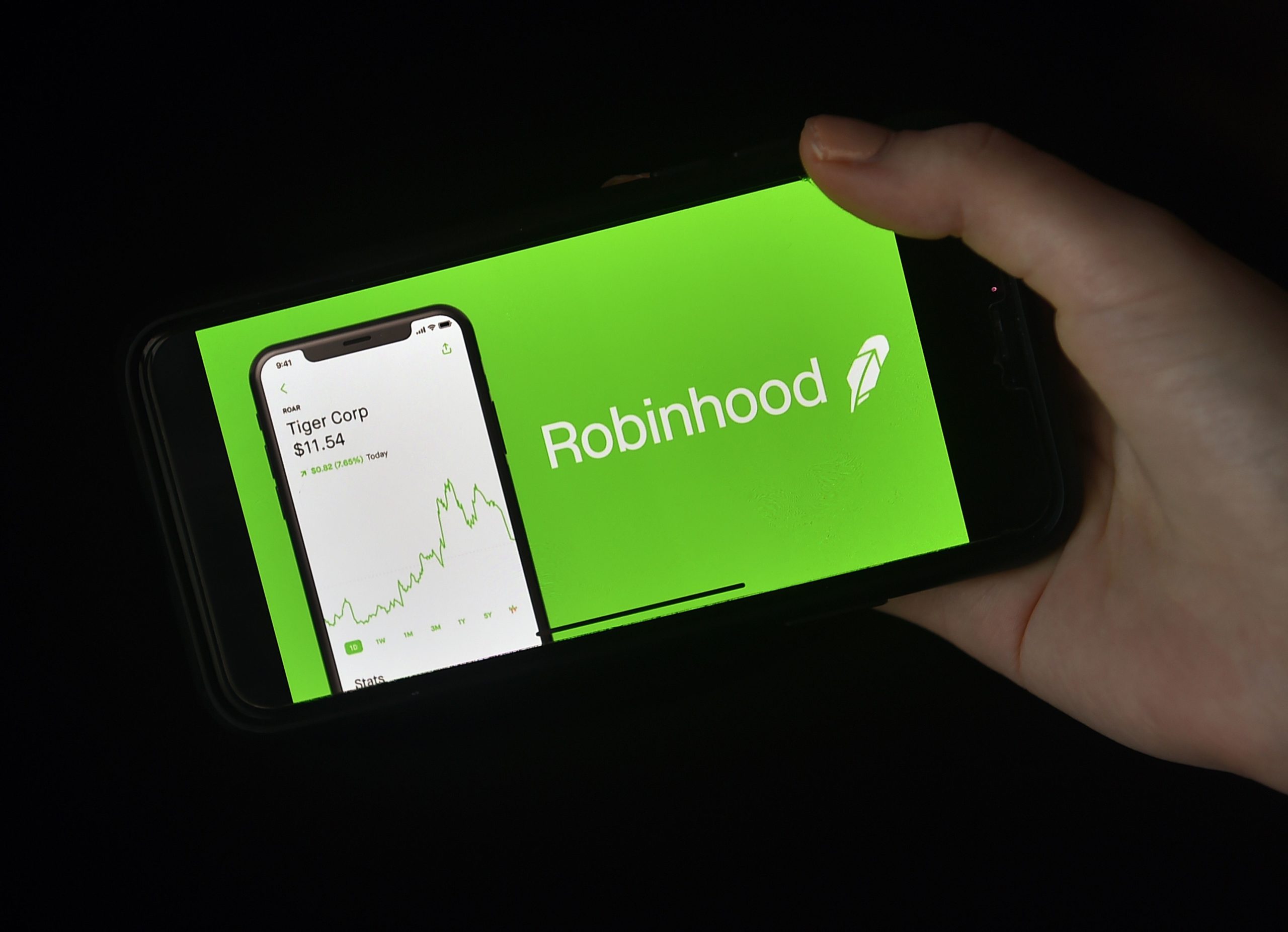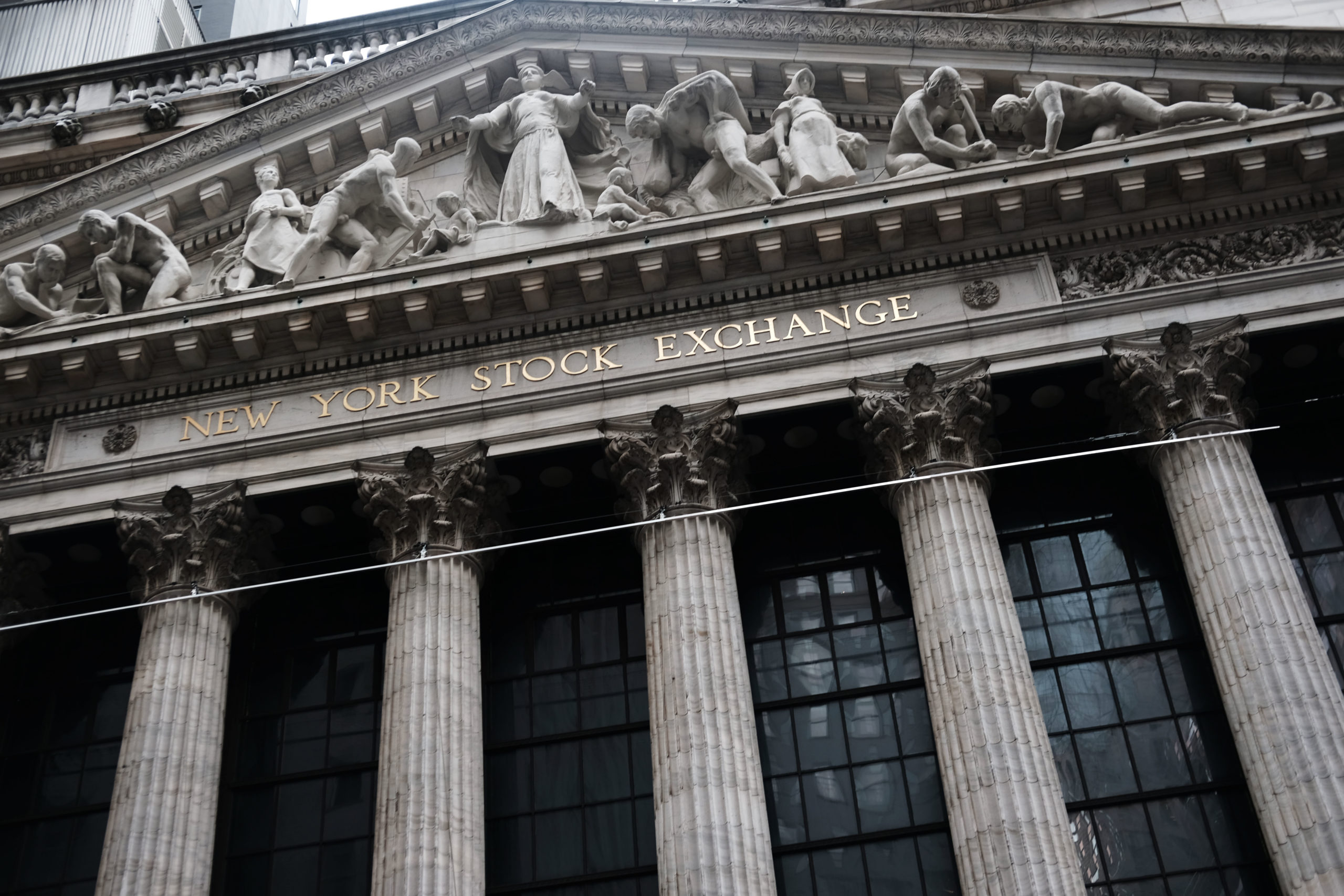Robinhood is reckoning with the aftermath of its GameStop saga as the financial services company faces dozens of lawsuits in multiple states and scrutiny for decisions in late January that appeared to favor institutional investors over individual traders.
Retail investors have sued Robinhood over the past week alleging the company violated its contract by restricting certain trades. The restrictions affected so-called meme stocks that were part of a short squeeze initiated by online investors. GameStop saw its stock price plummet nearly 372% and many traders incurred major losses.
Robinhood CEO Vladimir Tenev said in a statement Feb. 2 that deposit requirements for equities had increased ten-fold due to the market’s considerable volatility. The Depository Trust & Clearing Corporation (DTCC), an intermediary that processes trades, had demanded $3 billion Jan. 28 to cover for the increase in meme stock trades on the platform.

Robinhood CEO Vladimir Tenev speaks onstage during TechCrunch Disrupt NY 2016 in New York City (Noam Galai/Getty Images for TechCrunch)
It is unclear how the lawsuits and customer dissatisfaction will affect Robinhood both legally and financially. But what the GameStop saga may have revealed is that Robinhood has been bankrolled by Wall Street and the investor class despite its company ethos as an investing app for the common man.
Tenev and his Stanford University classmate Baiju Bhatt said they were inspired to create a smartphone app that would expand financial services to ordinary investors after the Occupy Wall Street protests nearly a decade ago, according to The Wall Street Journal.
Robinhood set itself apart from other online brokers through an accessible user interface and minimum purchasing requirements — part of its populist branding. The company also seemed to present itself more as a Silicon Valley startup than a financial broker.
But many of Robinhood’s employees came from non-finance backgrounds and were unfamiliar with the industry, according to The Wall Street Journal. The company allowed banks and their examiners to monitor electronic chats among traders and actions taken by the company to ensure regulatory compliance.
Robinhood’s controversial business model brought the company closer to hedge funds and other institutional investors but had also led to a surge in earnings over the past two years, according to CNBC.

The logo of trading application Robinhood on a mobile phone (Olivier Douliery/AFP via Getty Images)
Robinhood makes money by selling its order flow, or information about user transactions, to third party clients who actually enact trades with access to user data. The company earned roughly $675 million in revenue last year from payment for order flow, according to quarterly revenue data compiled by The Box. (RELATED: Robinhood Made Nearly $700 Million By Selling User Data To Hedge Funds)
The largest clients for order flow include hedge funds like Citadel Securities, according to an SEC filing from 2020. Many of these “market makers” benefit from high volatility and use their position as the middle man to generate millions in profit, the Financial Times reported.
Robinhood has come under fire from both private regulators like the Financial Industry Regulatory Authority (FINRA) and government regulators like the Securities and Exchange Commission (SEC) for misinforming its customers.
Robinhood was fined $1.25 million by FINRA in Dec. 2019 amid allegations that the company had not executed customer trades at the best prices.
Robinhood was also fined $65 million by the SEC in Dec. 2020 after it was concluded that the company “deprived” its users of $34.1 million by prioritizing higher revenue for order flow clients over pricing for customers.
Close ties to institutional investors may have helped keep Robinhood afloat during the GameStop saga. Within hours of being slapped with a $3 billion demand from the DTCC last month, Tenev had already raised more than $1 billion from its investors, according to The Wall Street Journal.

The New York Stock Exchange stands in lower Manhattan (Spencer Platt/Getty Images)
People familiar with the matter said even executives were surprised by the amount of interest they received from venture capitalists and hedge funds. Wall Street firms like Tiger Global Management and Iconiq Capital LLC poured in hundreds of millions dollars Jan. 29 after Robinhood reached out for funding.
Robinhood raised an additional $2.4 billion Feb. 1 after venture capital firms like Ribbit Capital, Sequoia Capital and Index Ventures funneled in money. It was only after Robinhood had acquired more than $3 billion in capital that restrictions on meme stocks were finally lifted.
Robinhood may have escaped from the GameStop saga with enough capital to sustain itself after the frenzy, but now its largest challenge will likely be to restore its credibility among millions of amateur retail investors. (RELATED: What Comes Next For Robinhood And Reddit After Last Week’s GameStop Trading Frenzy?)
Tesla CEO Elon Musk grilled Tenev in a Jan. 31 interview for allegedly throwing his customers under the bus, stating that Robinhood had “sold [their] clients down the river.”
Robinhood’s actions were also criticized by a bipartisan group of elected officials. Tenev is expected to appear for a congressional hearing Feb. 18 before the House Financial Services Committee.


